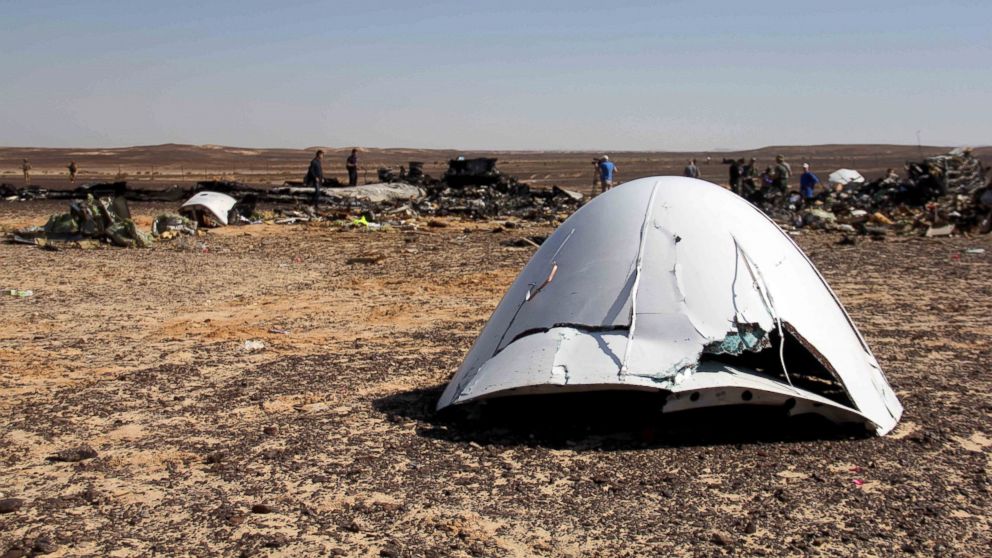- Nigerian Team to Investigate Sao Tome Plane Crash
A team of investigators from Nigeria’s Accident Investigation Bureau has departed Lagos for São Tomé and Principe to commence investigation into the crash of an An-74 aircraft, which occurred last week on the West African island.
According to the AIB, the invitation came from São Tomé and Principe through the Banjul Accord Group Accident Investigation Agency, an arm of the International Civil Aviation Organisation, while all expenses associated with the investigation would be paid 100 per cent by the government of São Tomé and Principe.
In a statement signed its Head, Public Affairs, Mr. Tunji Oketunbi, the AIB said the invitation was the first of its kind in its history, adding that it came on the heels of the rising performance profile of the bureau and its determination to be relevant as a leader in accident investigation across the sub-Saharan Africa.
Oketunbi said the An-74 aircraft was about to take off in favourable weather on runway 29 at Sao Tome when one or multiple birds collided with the Russian aircraft. And while trying to abort the flight, it reportedly ran beyond the runway into an embankment and was damaged beyond repair.
He added that despite the damage to the aircraft, all the six crew members survived with injuries.
Oketunbi said, “The aircraft was on a return flight to Europe after it arrived at Sao Tome from Stavanger (Norway), Luxemburg and Ghardaia (Algeria). The only runway at Sao Tome is 2,160 metres (7,087 ft) in length and has only limited overrun capabilities.
“This invitation from São Tomé and Principe through BAGAIA is an attestation to the AIB’s capabilities and competency in terms of human and infrastructural resource readiness that can be deployed in assisting our sister African countries. It also underscores her importance and positioning in the conduct and delivery of aircraft accident investigation within the sub-Saharan Africa.”
He said Nigeria was the only country with an autonomous and functioning aviation accident investigation agency in West Africa and the most endowed in terms of facilities, with its flight safety laboratory for the download and analysis of information from flight recorders and materials laboratory, both situated in Abuja.
The Chief Executive Officer, AIB, Akin Olateru, was quoted to have said that the AIB was pleased to be called upon to assist a sister African country, adding that the agency was just living up to its billing as a pacesetter in the sub region.
He said, “We are very pleased to be invited by BAGAIA to carry out this investigation, which is in recognition of, and an explicit expression of confidence in our capabilities and professionalism. Without gainsaying, this opportunity to serve will further build the AIB’s capacity as it provides a platform for practical learning, develops and enhances the skills set and knowledge base of our accident investigators, thereby increasing competency and promoting professionalism across board.”
Meanwhile, the Federal Government has said that Nigeria will not be the weak link in the sector.
It also reiterated its commitment to global aviation security, adding that it had improved the mode of operation of aviation security personnel of the Federal Airports Authority of Nigeria.
The Minister of State for Aviation, Senator Hadi Sirika, disclosed this while addressing participants at the ongoing Regional Ministerial Conference on Aviation Security in Sharm El Sheikh, Egypt.
Sirika was quoted in a statement from the aviation ministry as saying “May I assure you of the commitment of Nigeria in this regard of aviation safety that we will take seriously any task, role or assignment assigned to Nigeria or that Nigeria assigns itself in this regard. I’ll further state that we will not be the weak link in aviation security.”
Sirika said the Federal Government recently reviewed the Civil Aviation Act in Nigeria, which had been approved by the country’s Federal Executive Council, adding that the document was with the parliament for approval and passage.


 Billionaire Watch3 weeks ago
Billionaire Watch3 weeks ago
 Startups4 weeks ago
Startups4 weeks ago
 News4 weeks ago
News4 weeks ago
 News4 weeks ago
News4 weeks ago
 Bitcoin4 weeks ago
Bitcoin4 weeks ago
 Naira4 weeks ago
Naira4 weeks ago
 Forex3 weeks ago
Forex3 weeks ago
 Treasury Bills4 weeks ago
Treasury Bills4 weeks ago


























